Introduction
In the vast realm of the Artificial Intelligence, coding emerges as the new lingua franca, a universal language shaping our interactions, businesses, and daily lives. It’s the backbone of the apps we use, the websites we visit, and the devices we can’t live without. If you’re about to embark on the transformative journey of learning to code, you’re not just gaining a skill—you’re acquiring a superpower. But before you begin, there are some critical insights you should arm yourself with.
Code is like humor. When you have to explain it, it’s bad. — Cory House.
Embrace the challenges, enjoy the process, and the path to mastery will be as fulfilling as the destination.
The Right Language Depends on Your Goals

- Purpose of Learning: Whether it’s for web development, mobile app creation, or artificial intelligence, different languages cater to different niches.
- Community and Resources: Popular languages like Python, JavaScript, and Java have vast communities and ample learning resources.
- Future Scope: Consider the evolving tech trends. For instance, Python’s prominence in AI and data science may offer long-term benefits.
Coding Is a Continuous Learning Process
- Evolving Technologies: As technology evolves, so do programming languages and techniques.
- Diverse Specializations: From frontend to backend development, from AI to game design—each field requires unique expertise.
- Regular Updates: Stay updated with the latest versions of languages, tools, and best practices.
Understand the Basics First
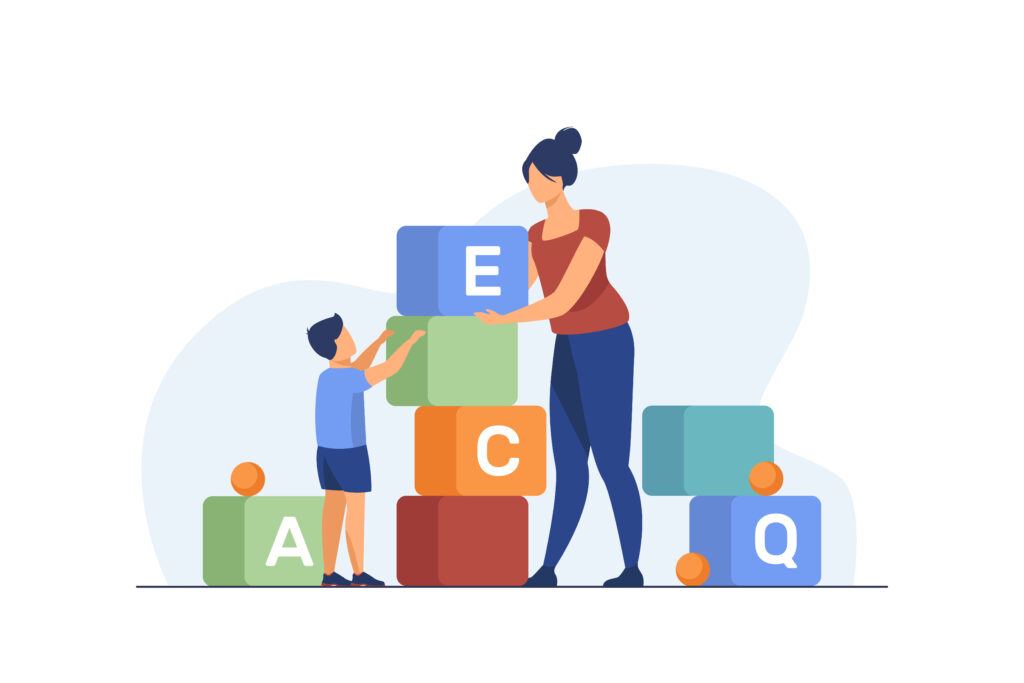
- Logic Over Language: Understanding algorithms and logic is more crucial than memorizing syntax.
- Start Simple: Begin with foundational languages or platforms, like HTML or Scratch, before diving deep.
- Practice Regularly: Like any skill, repetition reinforces learning.
Problem Solving is the Core
- Debugging: Coding isn’t error-free. Learning to find and fix these errors (debugging) is vital.
- Critical Thinking: Challenges will arise. Break problems into smaller tasks for manageable solutions.
- Seek Solutions Online: Websites like Stack Overflow provide a platform for coders to share issues and solutions.
Engage with the Community
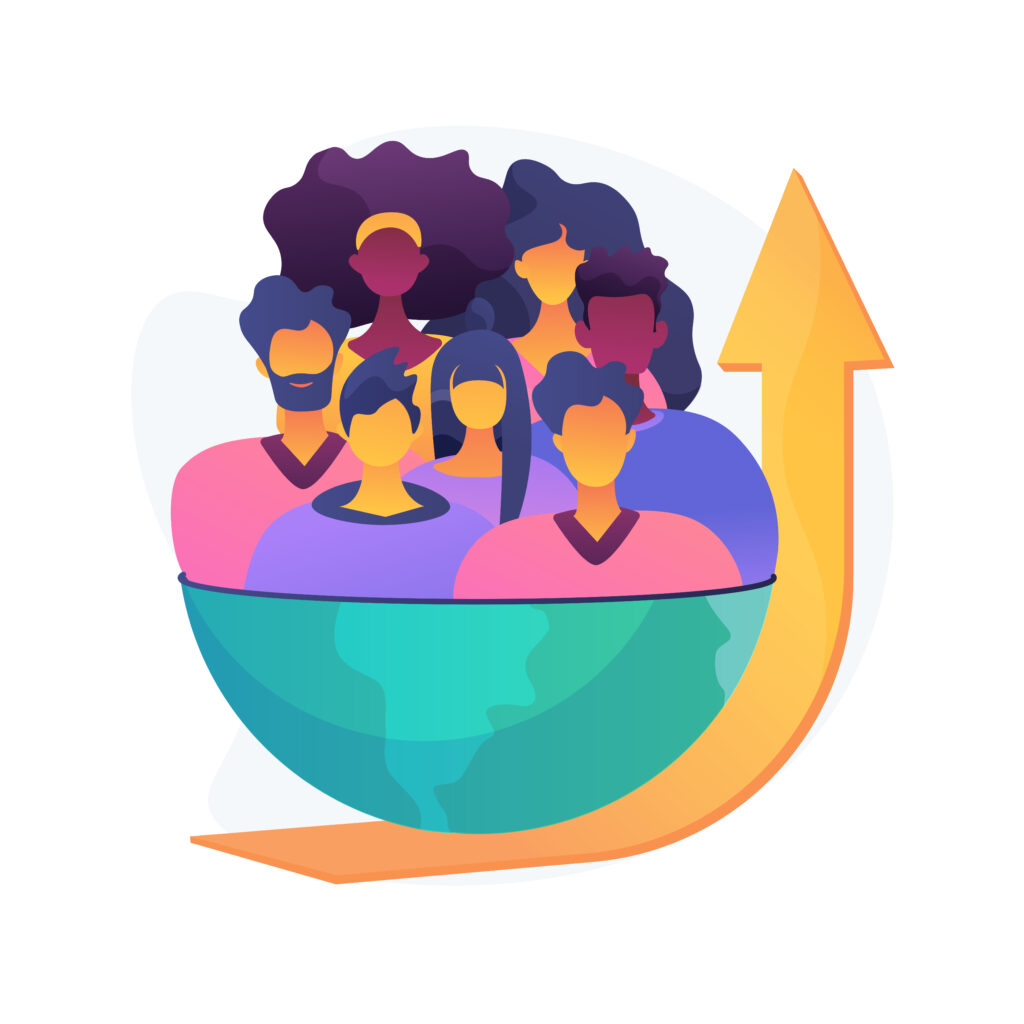
- Online Forums: Join platforms like GitHub or Reddit to engage with fellow coders.
- Attend Workshops: Face-to-face interaction at coding bootcamps or workshops can be invaluable.
- Open Source Contribution: It’s a great way to practice skills and help the coding community.
Learning Platforms Matter
- Online Courses: Platforms like Coursera, Udemy, and Khan Academy offer diverse coding courses.
- Tutorials and Blogs: Websites like W3Schools or MDN Web Docs offer free tutorials.
- Coding Bootcamps: Intensive training programs designed to get you job-ready in a few months.
Coding Isn’t Just for Computer Scientists
- Multidisciplinary Usage: Fields like biology, finance, and art increasingly rely on coding.
- Creativity Meets Coding: Build games, design websites, or craft digital art.
- Automation Skills: Even basic coding can automate repetitive tasks, making any job efficient.
Stay Motivated and Curious
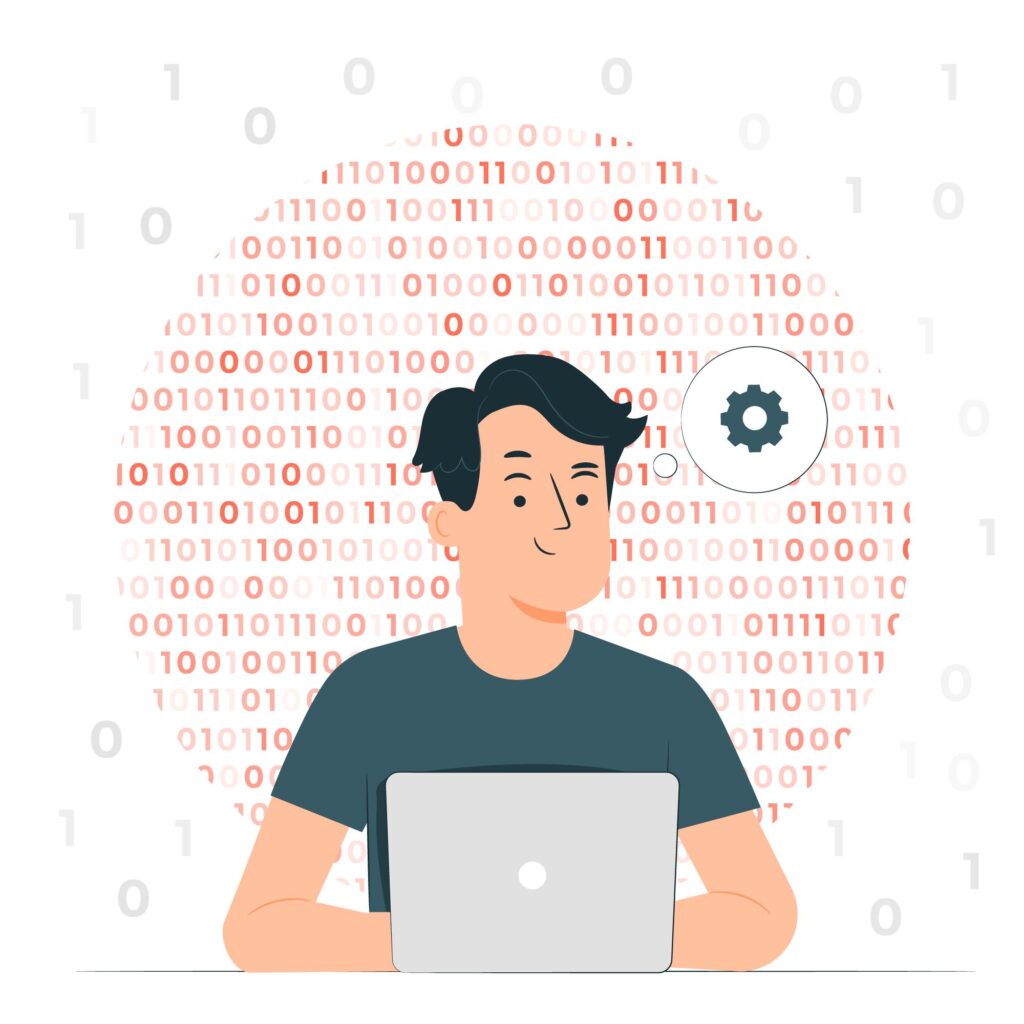
- Personal Projects: Working on what you’re passionate about keeps motivation high.
- Consistent Learning: Set aside regular intervals for coding, even if it’s just a few hours a week.
- Celebrate Small Wins: Every resolved bug or successful project is a step forward.
Career Opportunities are Vast
- Diverse Roles: From data scientists to UX/UI designers, coding opens doors.
- Freelance Opportunities: The digital age allows for freelance or remote coding jobs.
- Startup Culture: Many startups look for multi-skilled individuals. Your coding skill could be invaluable.
Always Seek Feedback
- Code Reviews: More experienced coders can provide insights and tips.
- Iterative Process: The first solution isn’t always the best. Continuous refinement is key.
- Stay Open-minded: Accept criticism positively and use it for growth.
FAQs
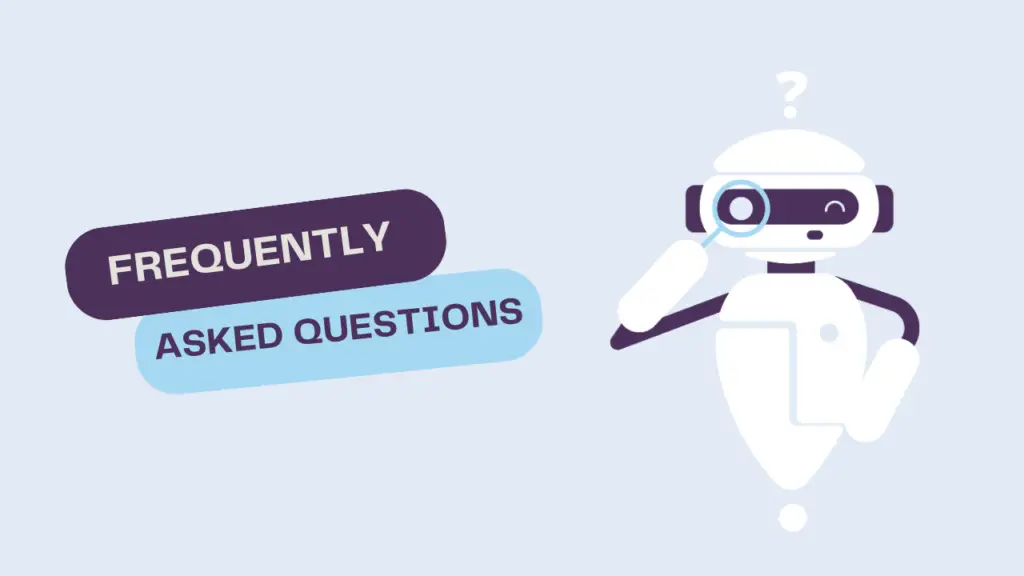
Is it necessary to be good at math to excel in coding?
Not necessarily.
While some areas of coding, like algorithms, data science, or graphics programming, may require strong math skills, many other areas, such as web development or app creation, might not.
Understanding logic and problem-solving is more crucial than advanced math.
What’s the difference between front-end and back-end development?
Front-end development focuses on what users see—the design, buttons, images, and the layout of a site or app.
Back-end development, on the other hand, deals with the server, databases, and application infrastructure that operate behind the scenes.
How can I practice coding without buying any software?
There are numerous free resources and platforms where you can practice coding. Most programming languages have open-source compilers or interpreters.
Online platforms like Replit, CodePen, or JSFiddle allow users to write and run code directly in the browser without any installations.
Can I start with mobile app development as a beginner?
Yes, you can! While mobile app development may seem complex, many tools and platforms make it beginner-friendly.
Platforms like Flutter or React Native allow you to create apps for both Android and iOS with a single codebase. Start with basic tutorials and gradually take on more complex projects.
How do I know when I’m ready for a job in coding?
There isn’t a one-size-fits-all answer. It depends on the job requirements and your confidence in your skills. A good indicator is when you can independently complete projects or tasks in your chosen domain.
It’s also beneficial if you’ve built a portfolio showcasing your work and if you’re comfortable troubleshooting or debugging unfamiliar problems.
Conclusion
Embarking on a coding journey is akin to setting sail on an expansive sea brimming with opportunities. With a plethora of resources at your fingertips and the insights shared in this article, you’re poised for success.
Remember, every coder, even the experts, started as beginners. With enthusiasm, regular practice, and the right guidance, there’s no limit to what you can achieve in the dynamic world of coding.
Top Resources to Kickstart Your Coding Journey
1. Online Learning Platforms
Codecademy: Offers interactive coding challenges and assessments to help users learn popular programming languages.
LeetCode: A platform for learning and practicing coding through solving challenges, especially helpful for interview preparations.
2. Interactive Websites
FreeCodeCamp: A free, self-paced coding bootcamp with an active online community.
Codewars: Sharpen your skills with coding challenges known as “katas” crafted by the community.
3. Books
Clean Code – By Robert C. Martin: Offers practices, principles, and patterns for writing readable and maintainable code.
You Don’t Know JS – By Kyle Simpson: A deep dive into JavaScript’s core mechanisms.
4. YouTube Channels
The Net Ninja: Provides tutorials on various web development topics.
Corey Schafer: Covers Python and other tech topics in-depth.
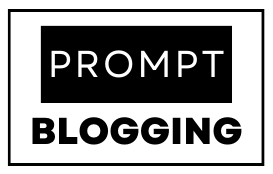


Very informative for a newbie dev.
Nice article
Informative article